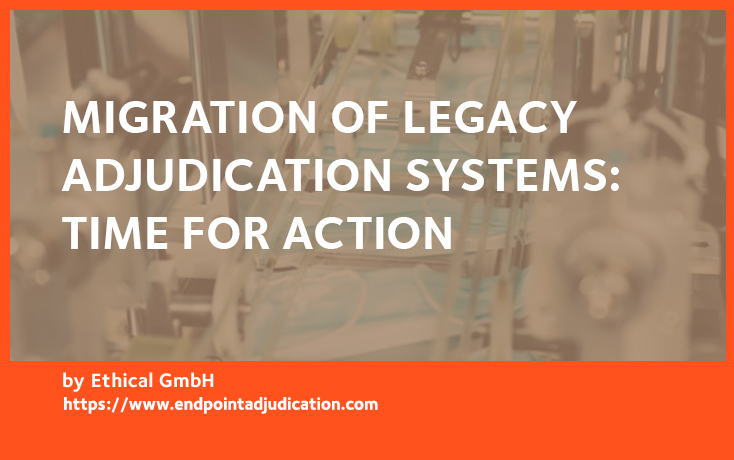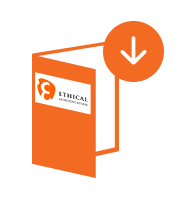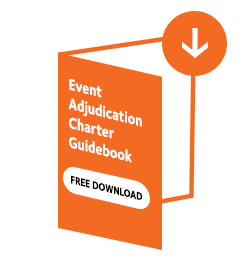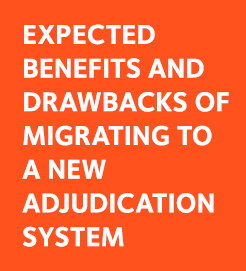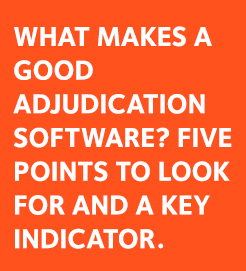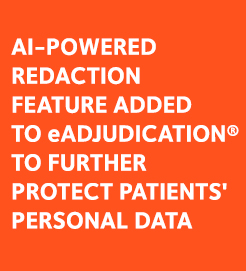In two previous articles we discussed the main reasons why an organization may choose to migrate active projects from a legacy system to a more advanced and robust platform, and the benefits that the organization can hope to achieve. In this third blogpost of the series, we will detail the practical steps for a successful migration. Read carefully because, as we know, the devil hides in the details.
Development and deployment of new software systems usually consist of a standard set of processes: collecting users’ requirements, identifying the technical requirements, building of the system, validation, and, eventually, migration of legacy data to the new environment.
Fictional analogy: imagine you decided to build a new capital for your country.
Imagine that you decided to build a new capital for your country and move all the inhabitants to brand new premises. The capital’s century-old structures can no longer serve modern-time lifestyle and the inhabitants welcome the change.
You first inquire on what is needed, how many public buildings, schools, apartments, how many shops, streets, avenues, squares and so on. You draw the plans. Then you bring in bulldozers, cranes, concrete, glass, steel… The city is rising from the ground. You set up power lines, sewers, water lines, busses, and subways. Everything seems to be working fine, so you finally signal one million people to move in. Will it all work as planned?
Arriving on site, people can’t find their designated apartment, some have lost their luggage, tenths of little children are found wondering the streets looking for their parents. A train is blocked because of a loose screw on the tracks, at the hangar the bus drivers could not find their schedules. The next morning chaos reigns over the new city. Before you know it, food shortage occurs, supermarkets are stormed, and fighting breaks out in the streets. The army is called in…
In the end, the hardest part was not the planning or the building, it was the migration. Let’s rewind and take the steps from the beginning to make sure our migration is successful.
Risk mitigation during a migration project
Understanding and mitigating risks is crucial for the successful migration of clinical studies, particularly given the sensitive nature of the data and the regulatory landscape. Below are some of the identified risks and their corresponding mitigation strategies:
- Data Loss or Corruption: Implement robust backup and restore procedures. Conduct dry runs on the Development and Validation environments before actual migration. These dry runs will be documented, and the data will be compared to ensure no data loss.
- Non-Compliance with Regulatory Standards (GCP, GAMP5): Conduct regular compliance audits and involve a quality assurance by different parties to ensure all activities are compliant.
- Inadequate User Training Leading to Errors: Develop comprehensive training materials and conduct training sessions in the Validation environment. Provide ongoing support during the transition phase.
- Budget Overruns: Regularly review the budget and have contingency plans in place. Keep stakeholders updated on any potential budget changes.
- Failure of Stakeholder Communication: Establish clear lines of communication and regular updates to all stakeholders, including a risk management dashboard.
- Resistance to Change from End-Users: Involve end-users early in the project, possibly as part of a pilot group, to collect feedback and make them feel invested in the migration.
Conclusion
Because the migration phase is the most delicate in a project implementing a new adjudication system, the risk identification and mitigation must be as thorough as possible. It may seem contra-intuitive to spend important time and resources on this but in the end, a well performed migration holds the key to the overall success of the system replacement.
eADJUDICATION®: COMPLIANT AND COST-EFFECTIVE ENDPOINT ADJUDICATION COMMITTEES MANAGEMENT
eAdjudication® offers such flexibility that the software configuration and support provision are tailored to exactly match your need.



